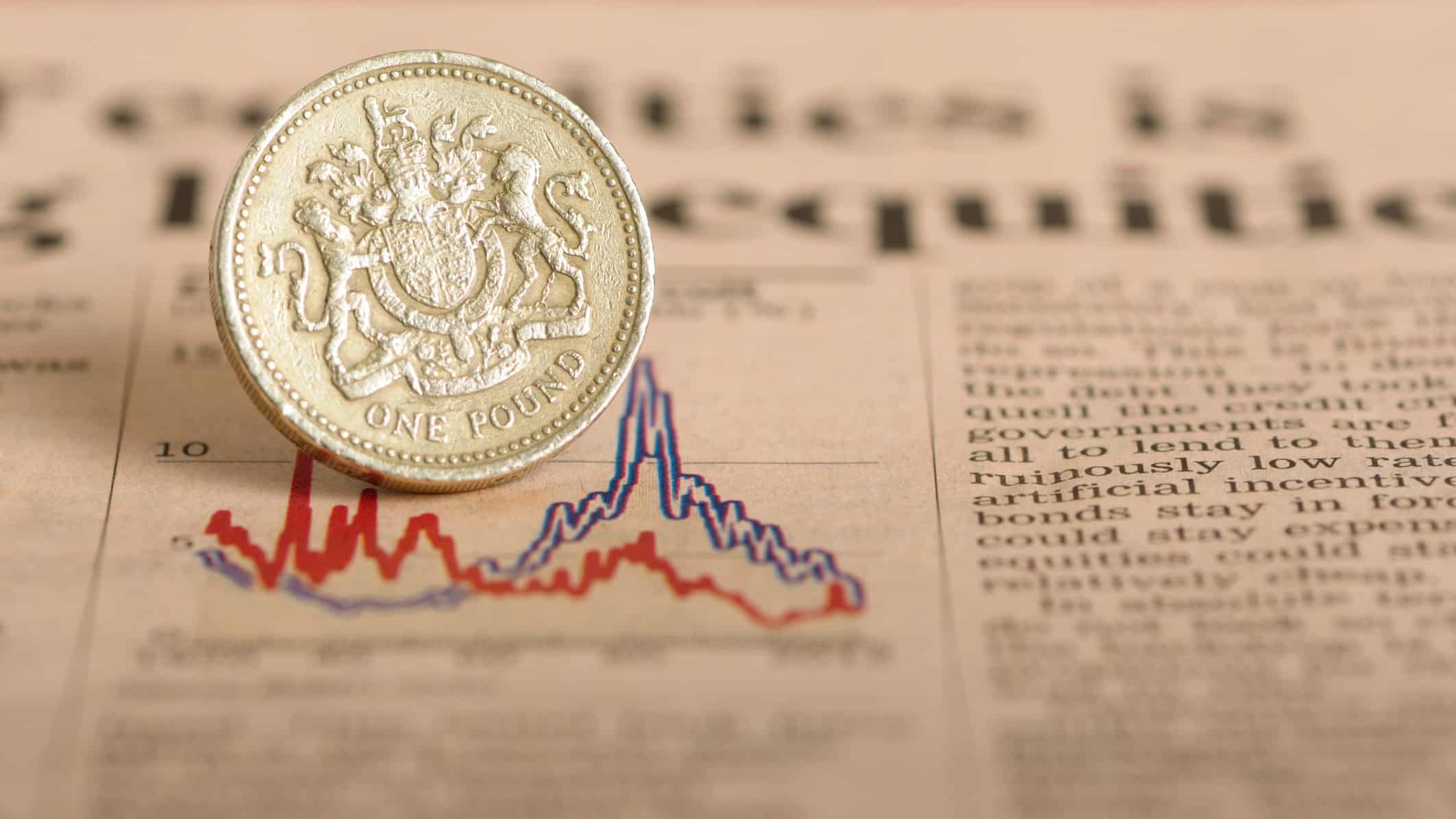Stock market analysts at AJ Bell expect April’s inflation figures to drive a good chunk of the action in the UK market this week. Over on the other side of the pond, earnings season for mega-cap tech stocks draws to a close with Nvidia (NASDAQ: NVDA) reporting its numbers.
Falling inflation
The UK has lagged every other G7 economy with inflation remaining in double digits for seven straight months. On Wednesday, the Office for National Statistics will publish April’s CPI numbers.
Going into the summer months I’m expecting prices to rise at a slower pace. Oil and gas prices have been falling for some time, although they remain significantly above a few years ago. This should provide much-needed relief for consumers.
Energy consultancy firm Cornwall Insights is predicting that bills will fall by £450 from July. Food price rises, which have been the driver of inflation over the past few months, are beginning to slow too.
If inflation has indeed peaked, the market is hopeful that interest rates will have peaked too. Well, that’s the theory, anyway.
Mispriced inflation
It remains my belief that inflationary forces are beginning to become entrenched in the economy.
The unprecedented money printing during Covid created demand for goods and services that were in short supply, ex-BoE Governor Mervyn King said. Rising interest rates last year have led to demand across the economy falling. But what about the other side of the equation, namely falling supply of much-needed commodities? After all, central banks can print money, but they can’t print energy!
Increasing fiscal spending has become an important government tool post-Covid. For example, in the US, the Inflation Reduction Act 2022 is estimated to unleash at least $2trn of government spending throughout this decade.
Spending on a vast array of infrastructure and related programmes will see a surge in demand for hydrocarbons. But all this comes at a time when government policy, (partly driven by ESG mandates) is, I believe, setting the stage for supply shortages. If so, this could lead to the re-emergence of inflation.
Nvidia
Nvidia is, I feel, a good bellwether for the health of the global economy. Its silicon chips are a constituent of many electronic devices, from phones to smart meters.
As with the other mega-cap constituents, it fell heavily last year as the Fed began raising interest rates. However, it has bounced back strongly in 2023, having doubled from its lows.
Recently, the company has been on a spending spree. Its acquisition of Mellanox has enhanced its competitive position. However, its attempt to buy ARM was blocked by regulators. It’s also investing heavily in AI.
Despite this, I still see warning signs. Its last set of numbers was disappointing. Sales declined by a fifth year on year and inventories were piling up. If the global economy goes into a deep recession, the stock could be hit hard.
Many investors still view mega-caps as safe havens in a recession. I don’t sit in that camp. Valuations remain stretched, including that of Nvidia. I’d be willing to pay a hefty multiple if such stocks were growing. But they’re not, and that’s the point. If inflation turns out to be stickier than expected, then markets would need to price in higher interest rates going forward.







